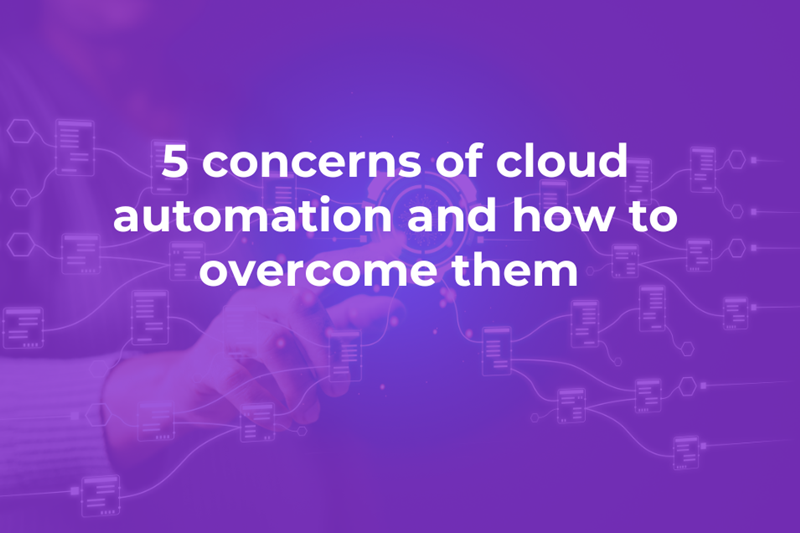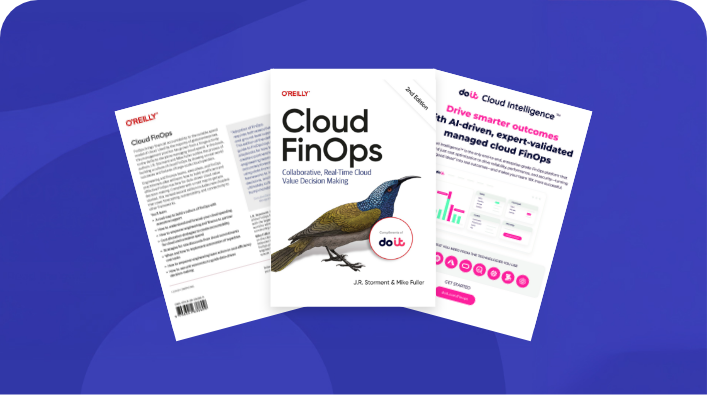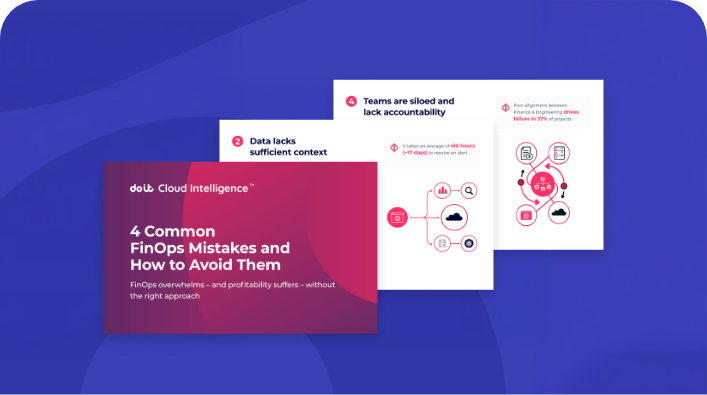Blog

Cloud Financial Management Guide for Enterprises
Cloud Financial Management Implementation Guide for Modern Enterprises As more organizations move to the cloud, one big challenge continues

Unlocking Broader Cloud Insights with Cost Analytics
Beyond budgeting to a robust cloud Cloud cost reporting tools were designed for cost optimization. But they can do

Google Cloud FinOps Best Practices Framework Guide
Google Cloud FinOps Best Practices: A Practical Framework Cloud cost optimization has gone well beyond simple rightsizing recommendations. As

9 FinOps Best Practices to Optimize and Cut Cloud Costs
9 Proven FinOps Best Practices to Cut Your Cloud Costs As cloud adoption accelerates, solid financial operations (FinOps) practices

Top 5 Concerns of Cloud Automation and How to Overcome Them
As cloud environments grow more complex, organizations are increasingly turning to FinOps automation to manage costs and drive efficiency

Cloud FinOps
With Generative AI on AWS, you’ll learn the generative AI project life cycle including use case definition, model selection, model fine-tuning, retrieval-augmented generation, reinforcement learning from human feedback, and model quantization, optimization, and deployment.

Taming the GenAI Money Monster: How DoiT Cloud Analytics and Application Inference Profiles Make AWS Bedrock Costs Crystal Clear
In the wild west of generative AI, your budget can quickly become the fastest gunslinger in town — shooting

7 Common AWS Commitment Mistakes and How to Avoid Them
If you’re managing cloud infrastructure costs on AWS, you’ve probably heard that Savings Plans (SPs) and Reserved Instances (RIs) can save you significantly compared to On-Demand Instances.

4 Common FinOps Mistakes and How to Avoid Them
With Generative AI on AWS, you’ll learn the generative AI project life cycle including use case definition, model selection, model fine-tuning, retrieval-augmented generation, reinforcement learning from human feedback, and model quantization, optimization, and deployment.

FinOps Lessons from a Dating App
How continuous learning, ‘small steps’, and architectural optimisation take the lead in FinOps transformation By François Pasquet, Technical Account